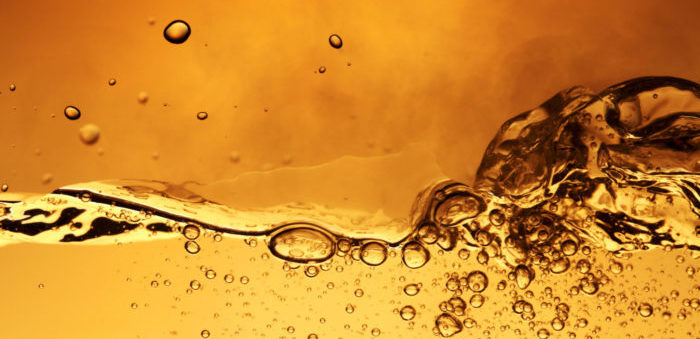ClassNK has released Guidelines for Ships Using Low-Flashpoint Fuels (Methyl/Ethyl Alcohol / LPG), that outline safety requirements for other viable alternative fuels besides LNG, based on the latest technology and regulation trends in order to promote the design of alternative fueled ships.
The Guidelines divide the vessels in three categories:
- ships using methyl/ethyl alcohol as fuel;
- ships fuelled by LPG;
- liquid gas carriers fuelled by LPG.
The Guidelines get an insight into the properties of each fuel type and ship regulations and provide safety requirements for the arrangement and installation of the low-flashpoint fuel related systems for minimizing risks to vessels, crew, and the environment.
The guidelines reflect current trends and will be amended periodically in accordance with any changes in the IGF Code during future IMO discussions and the rapid development of new technologies.
[smlsubform prepend=”GET THE SAFETY4SEA IN YOUR INBOX!” showname=false emailtxt=”” emailholder=”Enter your email address” showsubmit=true submittxt=”Submit” jsthanks=false thankyou=”Thank you for subscribing to our mailing list”]
In attempts to reduce shipping pollution and make shipping more sustainable and ‘greener’, the industry calls its stakeholders to use alternative fuels such as LNG, LPG, and methyl/ethyl alcohol can reduce the amount of CO2 emissions by 10% to 20% compared to conventional oil fuels, and they do not contain sulphur. For this reason, alternative fuels are expected to be an effective solution for the regulations.
The alternative fuels have lower flashpoints in comparison to traditional fuels. Thus, particular attention needs to be given to ensuring adequate safety precautions when using low-flashpoint fuels in order to decrease the potential risk of fire and explosions that may arise as a result of fuel leakage onboard the ship.
Mr. Hayato Suga, Corporate Officer and Director of Plan Approval and Technical Solution Division commented
In addition to LNG, low-flashpoint fuels like Methyl/Ethyl Alcohol and LPG are providing ships with alternative fuel options that have diverse characteristics in terms of environmental performance, availability, price, and more. Regardless of the choice, adequate safety measures are essential.
He continued that their latest guidelines have incorporated regulatory trends and our expertise proposes the appropriate requirements tailored to Methyl, Ethyl Alcohol, and LPG respectively.
Concluding, the Guidelines for Ships Using Low-Flashpoint Fuels (Methyl/Ethyl Alcohol/LPG) can be downloaded here.































































